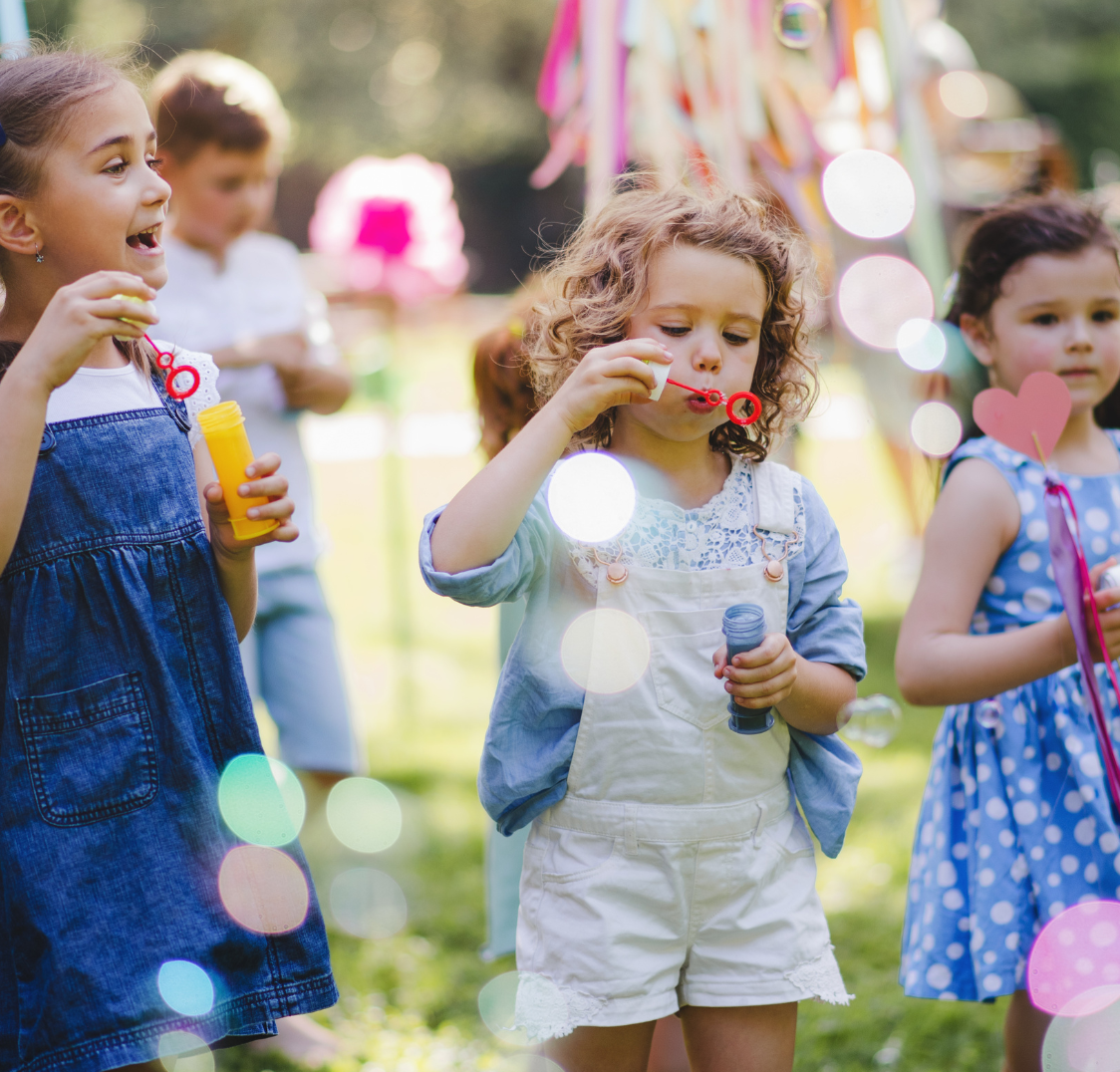
Play is a spontaneous and natural learning environment that puts into challenge the psycho-social, emotional, physical and cognitive growth and development of the child.


Play for Life | The positive effects of play on children are lifelong. The play has a direct influence on social, emotional and physical health. Play is everything to a child. Engaging with children at play shows that parents or significant adults are interested and respect their play. It is one way of showing our interest in what matters to them. It facilitates better communication and fosters better connections between adults and children. This, in turn, teaches children that respect, trust and love are the cornerstones of healthy relationships. An important foundation for the emotional state that is most conducive to fostering the learning brain.
As we all grow into maturity, Play is to the child and work is to the adult. But we all understand that in times of stress and mental fatigue, adopting a playful attitude is an easy way to boost your mood. The play has cathartic effects that support and also benefit adults’ emotional well-being.
Under the Convention on the Rights of the Child, Play is listed as one of the basic rights of the child.

Play Promotes Physical Fitness | Jumping, running under the sun, tumbling dancing in the rain are things that a child would love to do. The freedom to be. To have the freedom to pursue what interests them is the foundation of curiosity. Play enhances curiosity and a curious mind is open and ready to learn.
No matter what the weather, any occasion is an opportunity for a child to play. Play improves coordination, movement and agility. It strengthens gross and fine motor skills, it builds and tone muscles and develops balance and flexibility. Physical play develops the body while having all the fun.
Optional but not required children don’t need to be entertained by things and gadgets. Fun is not determined by what you acquire. It is learning to be happy with what you already have. Play does not involve expensive toys. Children don’t need fancy toys and extreme gadgets to make them happy. What they need is Time, Space and the Freedom to explore and experience the world around them in a healthy way. Adult supervision usually, the parent does not mean controlling but rather being present. Helping them develop independence and self-regulation.

Play Encourages confidence and Greater Independence | Confidence is developed through mastery of simple developmental skills. Walking, crawling, jumping, and running are just a few examples of developmental skills that a child can do. Independence comes when the child can perform these tasks with ease and confidence on his own.
Space orientation is also a skill that is developed through play. Play is a space for a child to explore, experiment, expand within and experience the world that he is in. It is a significant experience to be able to fully immerse in his world of play, which expands his understanding of what is Life. He begins to connect with the world around him and realizes how systems work. The child learns more about himself as he relates to his peers and his environment. The element of curiosity and the joy of discovery are important events in the life of a child. That “Eureka moment”.

Play ushers Emotional and Behavioural Benefits | Children learn relational skills which are basic building communities and upkeep of nature. Free and Unstructured, free play is particularly necessary for younger children. It facilitates the use of their imagination and the freedom to move at their own pace. The benefits of play include:
To appreciate what he has and be able to creatively utilize these resources, the child must be able to identify what he has and how to work with it. The child’s understanding and respect for life and living begin with knowing by heart his connection to everything around him. Play reinforces memory and helps to understand the cause and effect. Finding his connection to everything.
Play is central to a child’s learning and development. When the child is fully engaged it gains tactile, visual, hearing and other sensory aptitudes that are not provided in real-time through gadgets.

Play Builds Imagination and Creativity | When given time and space to play without restriction, the imagination can roam and they can explore ideas. The mind expands and visualizes anything. Innovation is born out of ordinary circumstances and elevated to greater heights of functionality. Engage with your children for some fun time together.
Try to make houses by adding simple materials like drapes and cardboard boxes to an existing space. Make-believe games where you can pretend to creatively play inspires resourcefulness. It promotes healthy development and critical thinking skills. Doing things with your children helps them understand the value of collaboration without necessarily explaining it. They learn through acting and doing things.

Play Fosters Cognitive Growth | It is important for children to have plenty of different types of play experiences. A variety of games and exploring different environments is good for social awareness, social, physical, emotional and imaginative learning and development. A diverse and wide range of games helps all areas of children’s development. Play is an avenue that gives children different sensory, physical and cognitive experiences. These Experiences build connections in the brain, which helps children develop physically, cognitively, socially and emotionally.


Free delivery on orders over 959 EGP Dismiss